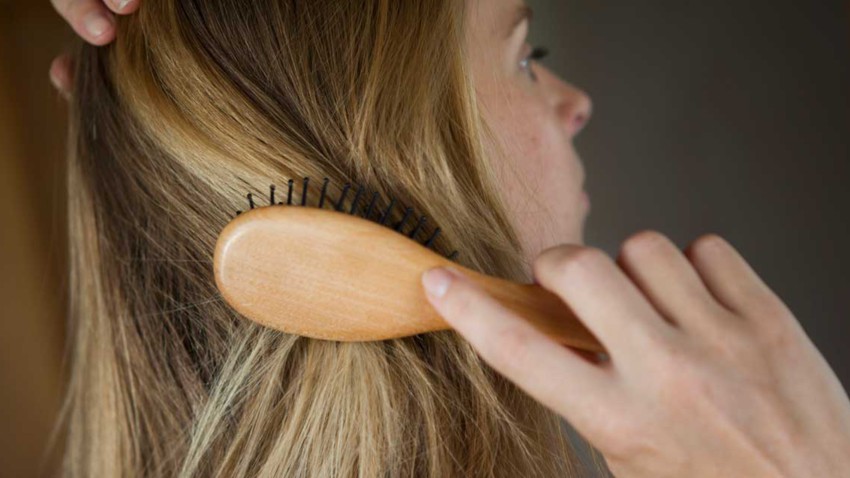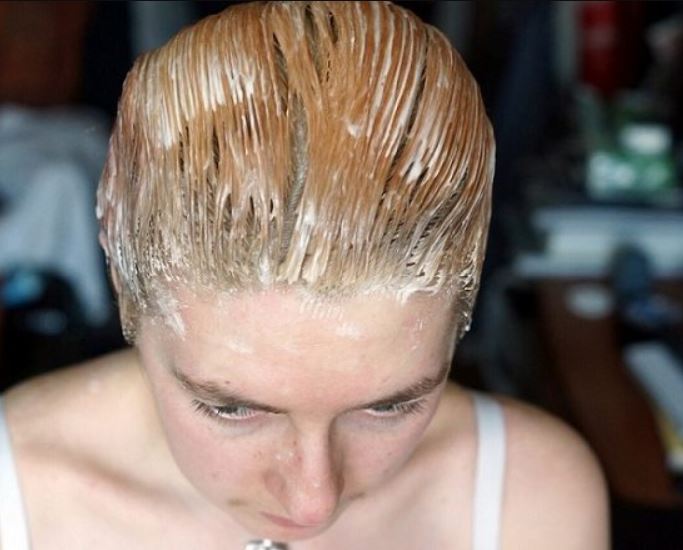
Don’t panic, the scientists went into researcher mode and made surprising discoveries, to be tested at the first sign.
It’s normal to lose your hair in the fall. Our hair follicles govern when the weather changes. Still, there are a multitude of causes – hormonal fluctuation (maternity, menopause), stress, fatigue, deficient diet … – which can explain why our hair ends, more than reason, in brushes. But simple seasonal whim or more serious problem, there is no shortage of strategies to regain your hair capital. The trick is to arm yourself with a little patience. If things can improve quickly, it still takes 2 to 3 months for the fall arrest lute to fully bear fruit. All the more reason to act quickly.
Not in a cup, but in a lotion or shampoo. According to the International Journal of Dermatology, it blocks the hormone dihydrotesterone, which is responsible for hair loss. With a beneficial effect on women! What else? Leave on for at least 2 minutes to reach the hair bulb.
If it does not work…
Japanese researchers tested more than 1,000 plant extracts to find out which one was the best hair loss and regrowth booster. Result: the polyphenols present in the apple (procyanidins B2) won the prize.
If it does not work…
It plays an important role in cell renewal, growth and good hair health. Biochemists from the Pitié-Salpêtrière faculty have confirmed its interest in curbing the fall and have shown that it is all the more effective when combined with vitamin B6. Choose a supplement such as “Cystine B6 zinc Bailleul”, or Forcapil (Arkopharma).
If it does not work…
They activate circulation, strengthen the hair shaft and their regrowth effect has been proven by a Scottish study. The cocktail tested: HE of thyme (2 drops), lavender (3 drops), rosemary (3 drops) and cedar (2 drops) mixed in vegetable oil of Jojoba (3 ml) and grapeseed (20 ml ). To be used in scalp massage for 2 min each evening. You can also use ready-made shampoos and lotions.
And if it still doesn’t work …
A hormonal and blood test will identify if you have a possible disorder (thyroid for example) or a deficiency (we then dose iron, zinc, B vitamins, or even magnesium if you are stressed). And a trichogram, that is to say a study of the roots under a microscope, will help to better determine the causes of the fall and adapt the treatment.
